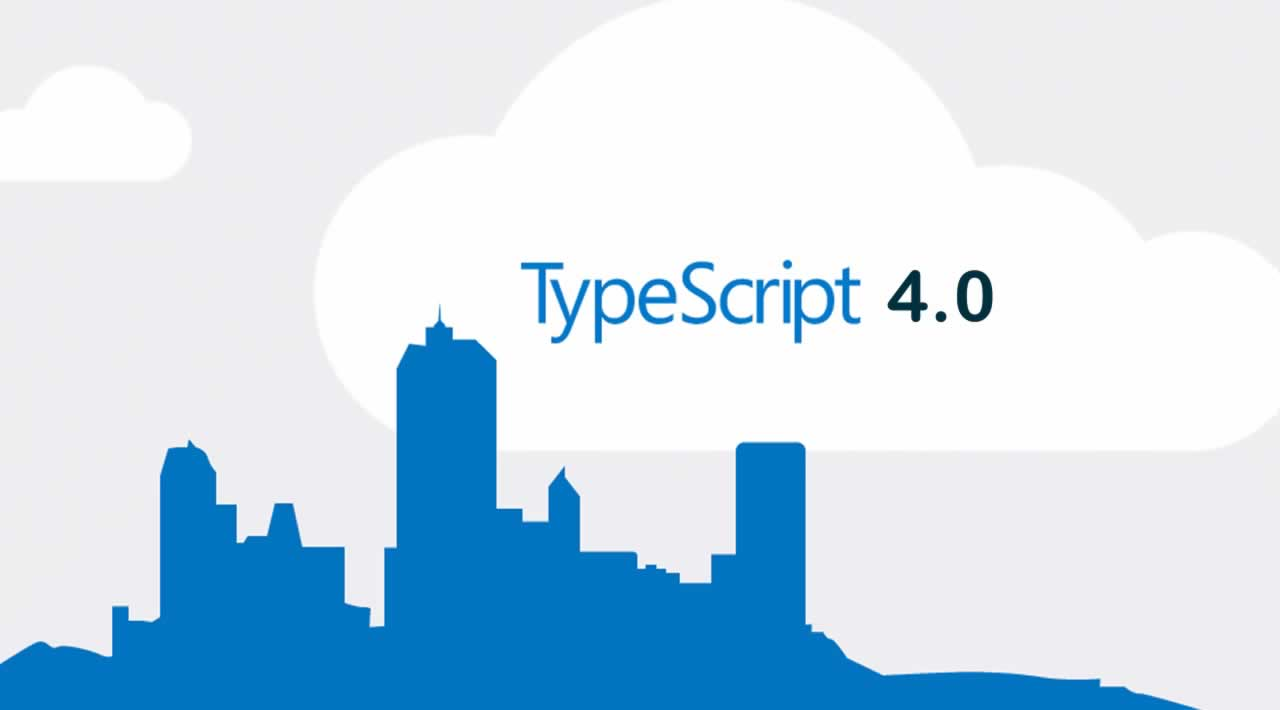Yesterday, Microsoft announced the release candidate of TypeScript 4.0. And with that comes Labeled Tuple Elements, which is the answer to the title of this post.
Generic interface with unknown arguments
Here’s a contrived example. IQuery. It’s meant to describe the shape of functions that query things. It always returns a promise and takes a Generic to describe what the promise emits (TReturn). The interface is also flexible enough to take no arguments or an unknown number of arguments (UParams extends any[] = []).
interface IQuery<TReturn, UParams extends any[] = []> {
(...args: UParams): Promise<TReturn>
}
Sample function: findSongAlbum()
Leveraging this interface, we’ll write a function that finds a song album by a title and an artist. It returns a promise that emits a single object of type Album.
type Album = {
title: string
}
Without TypeScript, the function could look like this:
const findSongAlbum = (title, artist) => {
// data fetching code...
const albumName = '1989';
return Promise.resolve({
title: albumName
});
}
With TypeScript, and leveraging the IQuery interface, you’d pass in Album type as the first Generic parameter to ensure the shape of what the promise emits always matches Album type.
const findSongAlbum: IQuery<Album> = (title, artist) => {
// data fetching code...
const albumName = '1989';
return Promise.resolve({
title: 1989
});
}
#web-development #javascript #tuples #typescript
